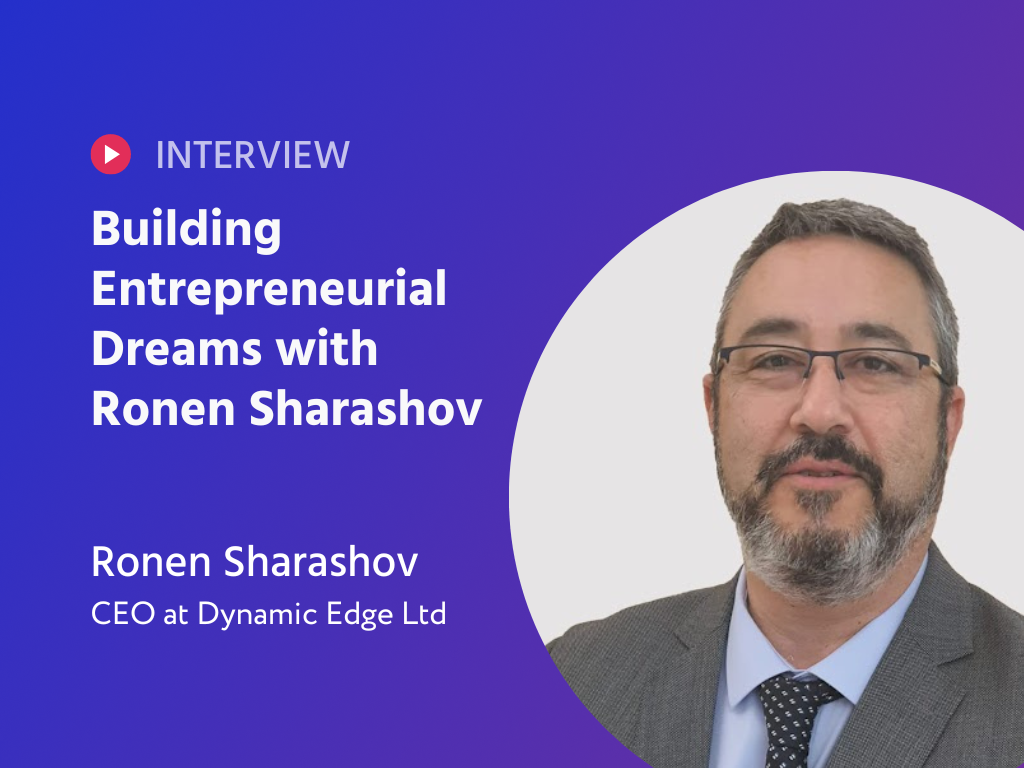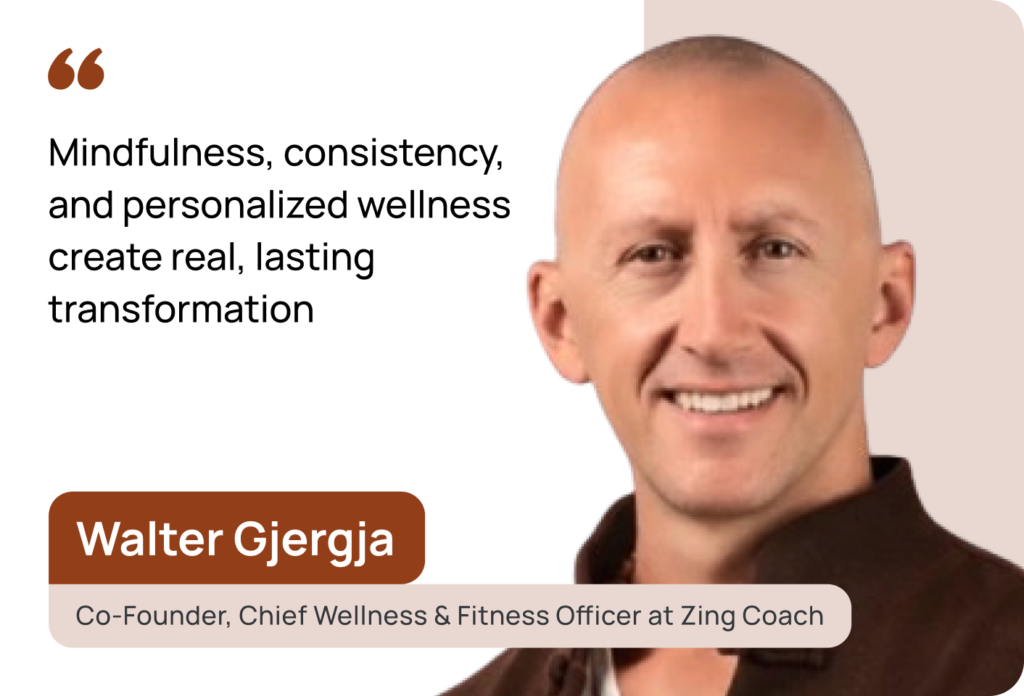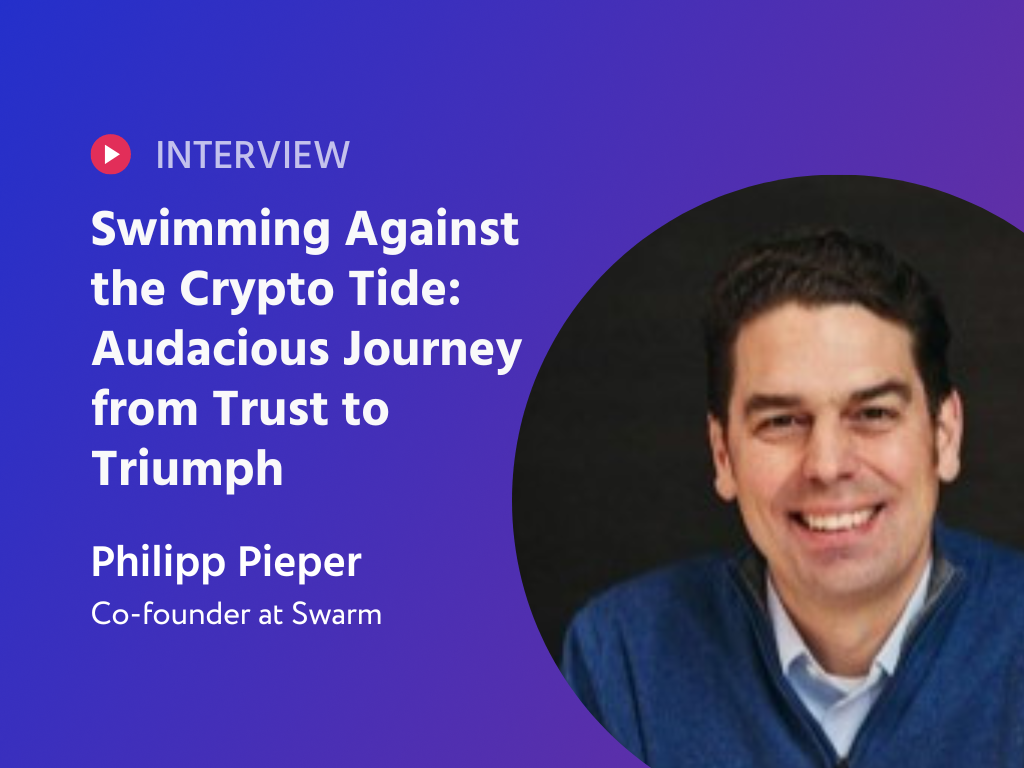In this edition of Bright Founders Talk, we sit down with Luca Zambello, the dynamic CEO and founder of Jurny. With roots in Italy and a professional life forged in Southern California, Luca brings a unique blend of European perspective and Silicon Beach hustle.
Over the past 15 years, he has carved out a niche at the intersection of tech and hospitality, creating ventures that challenge industry norms. Jurny, his latest startup, was born out of firsthand experience managing boutique hotels and luxury Airbnb properties — and a clear vision to automate and elevate hospitality operations.
In our conversation, Luca shares how inefficiencies in the property management space led him to pioneer AI-driven solutions that now serve both boutique operators and large hotel chains. He also reflects on his early entrepreneurial wins, the hard lessons from competition, and why speed is everything in a crowded market. This is a candid, insightful look into how one founder turned obstacles into infrastructure, and hustle into innovation.
From LA Nightlife to Disrupting Hospitality: Luca Zambello’s Fast-Forward Mindset
Luca Zambello didn’t just stumble into the hospitality tech world — he charged into it. After landing in the U.S. from Italy with barely a word of English and zero connections, he threw himself into the chaos of LA’s nightlife scene to meet people, learn the culture, and spot opportunity. And spot it he did. Around 2011, with Airbnb still in its infancy and luxury rentals largely offline, Luca bought a domain, threw up some ads, and within a year raked in $1.2 million in bookings. “I thought, okay, here we go—money’s easy,” he laughs. “That was the last easy money I made.” What started as a quick win turned into a crash course in competition, scale, and resilience.
I thought, okay, here we go—money’s easy
It didn’t take long before others caught on. What had been a blue ocean of luxury short-term rentals quickly turned into a shark tank of well-funded competitors. Luca’s ROI started shrinking, and the pressure mounted. That’s when he made a crucial pivot—not just toward property management, but toward building something that couldn’t be copied overnight: infrastructure. With Jurny, his focus shifted to creating scalable, tech-driven solutions that could automate operations and elevate guest experiences. This wasn’t about listing homes anymore; it was about rethinking the entire guest journey, using AI to power a more efficient, more human hospitality experience.
Luca’s entrepreneurial lens is shaped less by success and more by the bruises earned along the way. He’s refreshingly candid about the mistakes, the misfires, and the moments of “oh crap” realization. His biggest takeaway? Speed isn’t optional — it’s survival. “If you want to win, you gotta move faster than everybody else,” he says, and you believe him. That urgency is baked into Jurny’s DNA, from automating day-to-day tasks to building tools that help others move just as fast. In a world where today’s innovation is tomorrow’s table stakes, Luca isn’t just staying ahead — he’s building the road as he runs.
The 95% Trap: Why Most Companies Fail at AI (And How Luca’s Not One of Them)
Luca Zambello doesn’t sugarcoat it — AI isn’t magic. And most companies are getting it completely wrong. “95% of businesses fail at adopting AI,” he points out, referencing a well-known MIT study. The problem? Everyone's chasing the hype, hoping AI will just do the work without really understanding what it is, or how to use it. Luca's take is refreshingly grounded: AI is like hiring the world’s smartest employee — but one who knows absolutely nothing about your company. Unless you train it, guide it, and give it context, it’s going to sit there looking smart… and doing nothing.
95% of businesses fail at adopting AI
At Jurny, Luca’s approach is all about practicality. He’s not interested in AI for AI’s sake — he wants it to solve real problems. That means building highly specialized agents, each designed to do one job, and do it incredibly well. “Just like humans,” he says, “AI agents need to be focused on one thing only.” It's not about tossing a chatbot into the mix and hoping for the best — it's about giving those bots the knowledge, infrastructure, and room to collaborate. That’s how Jurny uses AI to strip away the 80–90% of repetitive tasks that bog down property managers, freeing them to focus on growing their brand or finally taking a breath.
But even inside his own company, Luca sees the same pattern play out: excitement, then skepticism. It’s a reminder that real AI integration takes time, education, and a shift in mindset. He believes AI today works best not as a replacement, but as a force multiplier. “AI’s job isn’t to do everything,” Luca explains, “it’s to make everything better.” And that philosophy — balancing automation with clarity, and innovation with intention — might just be what separates the 5% who succeed from the rest who are still stuck in the hype cycle.
Don’t Fear the Bots: Luca on AI, Job Scares, and the Productivity Boom
When Luca Zambello talks about AI, he doesn’t mince words — and he definitely doesn’t buy into the doom-and-gloom narrative. He’s seen all four emotional stages people go through with AI adoption: excitement, skepticism, fear, and finally… guilt. That last one might surprise you, but it’s real. “People feel like they’re cheating the system when AI starts doing the heavy lifting,” Luca laughs. But the truth? It’s not cheating — it’s leveling up. Because even with all its brains, AI still lacks something crucial: human context, creativity, and decision-making. It can enhance your work, but it doesn’t replace your brain.
People feel like they’re cheating the system when AI starts doing the heavy lifting
Still, fear lingers. Not just about AI taking over jobs, but about it changing the game too fast for people to keep up. Luca’s response? Embrace the shift. He believes AI won’t eliminate jobs — it’ll replace people who don’t know how to use it. “Someone who leverages AI can now do 10 to 20 times more than before,” he says. That’s not just a competitive edge — it’s a full-on productivity explosion. And with that explosion comes opportunity: more startups, new markets, and business models that were unprofitable before suddenly becoming viable. The trick is learning how to drive the AI engine, not fear it.
Of course, Luca’s not blind to the hard truths. He acknowledges that industries like transportation and customer support are in for a rough ride. But that’s not new — it’s evolution. Just like farmers moved on after the Industrial Revolution, people will adapt again. “After the revolution, nine people did what 600 used to do. But the world didn’t collapse — it grew,” Luca points out. And maybe that’s the key perspective. AI isn’t the end of work — it’s the beginning of a new kind of work. We might not know what the next generation of jobs will look like, but history tells us one thing for sure: they’re coming.
It’s Not a Sprint, It’s a Startup: Luca Zambello on Building Smart, Scaling Fast, and Letting AI Do the Heavy Lifting
Ask Luca Zambello what success looks like at Jurny, and he won’t talk about flashy metrics or big funding rounds. For him, it’s about becoming a true partner to property managers — not just another tool in the tech stack. Jurny isn’t here to patch problems; it’s here to overhaul the entire system, from booking and staff management to dynamic upsells and AI-driven guest experiences. “When we help our clients do more of what they actually want to do — grow faster, increase profits, deliver better stays — that’s success,” he says. The goal isn’t just automation for the sake of it. It’s about giving operators their time and sanity back.
But Luca’s team knows that building powerful software isn’t enough — people need to actually use it. And that’s where AI comes in, again. From onboarding to daily operations, Jurny’s AI now solves around 80% of user questions without any human support. Voice commands? Already live. Personalized insights and benchmarking? Happening. The AI can even learn from customer success calls to improve itself — kind of like an invisible co-pilot that’s always evolving. “We’re not just powering software,” Luca explains, “we’re powering hospitality operations.” And he means all of it — taxes, turnovers, maintenance, communication, and everything in between.
We’re not just powering software, we’re powering hospitality operations
For founders chasing a similar dream, Luca offers advice that cuts through the noise: pace yourself. “Don’t think of it as a sprint, think of it as a marathon,” he says. Forget the viral overnight success stories — most of them took a decade to build. The secret? See every step, every failure, every long night as part of your PhD in entrepreneurship. Because if you treat each experience as a lesson instead of a setback, you’re already winning. Luca’s story isn’t about shortcuts — it’s about building smart, playing the long game, and letting technology amplify what humans do best.




